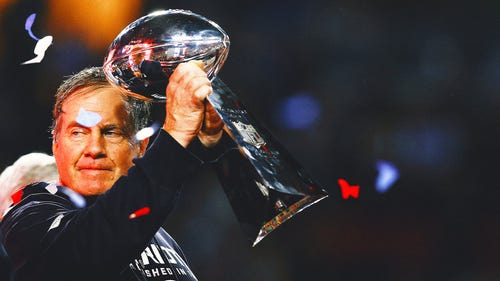
Concussions the death of football?
Author Malcolm Gladwell has been a voice in the concussion fray before, calling schools to ban college football and saying he wouldn’t be surprised if football at all levels fades from existence once people realize how damaging it can be long-term for players with head injuries.
But in a new documentary, Gladwell offers a less extreme — and possibly more likely — scenario for what will happen to the game. Gladwell says football will be a game that capitalizes on those poor or desperate enough to take the risk.
“We will go to a middle position where we will disclose the risks and essentially dare people to play,” Gladwell said in the film, which comes out Friday, as reported by CBSSports.com. “… That’s what the Army does. So we leave the Army for kids who have no other options, for whom the risks are acceptable. That’s what football is going to become. It’s going to become the Army. That’s a very, very different situation.
“That’s a ghettoized sport, not a mainstream American sport.”
The filmmaker, Sean Pamphilon, clarified to CBSSports.com that Gladwell is inferring that the sport no longer will draw players from affluent families, who will worry about the long-term damage to their kids and their brains.
“His assertion is that it’s going to stay relevant at least for the time being in lower-income areas and then also football hotbeds such as Ohio, Pennsylvania, certainly Texas — places where it transcends socioeconomic conditions,” Pamphilon said.
The concussion issue has ramped up in recent days, with the NFL agreeing Thursday to a $765 million settlement for a lawsuit brought by former NFL players. While the league is agreeing to pay for medical care for former players and to set up further research into concussions, the settlement allows the NFL to sidestep questions about whether it masked concerns about concussions until it faced outside pressure in recent years.
Concussion concerns aren’t limited to football or the NFL, of course, but the NFL has been faulted for not setting the tone for smaller leagues or younger players, who have followed its cue of not being more vigilant about head injuries and their possible long-term effects for years.










